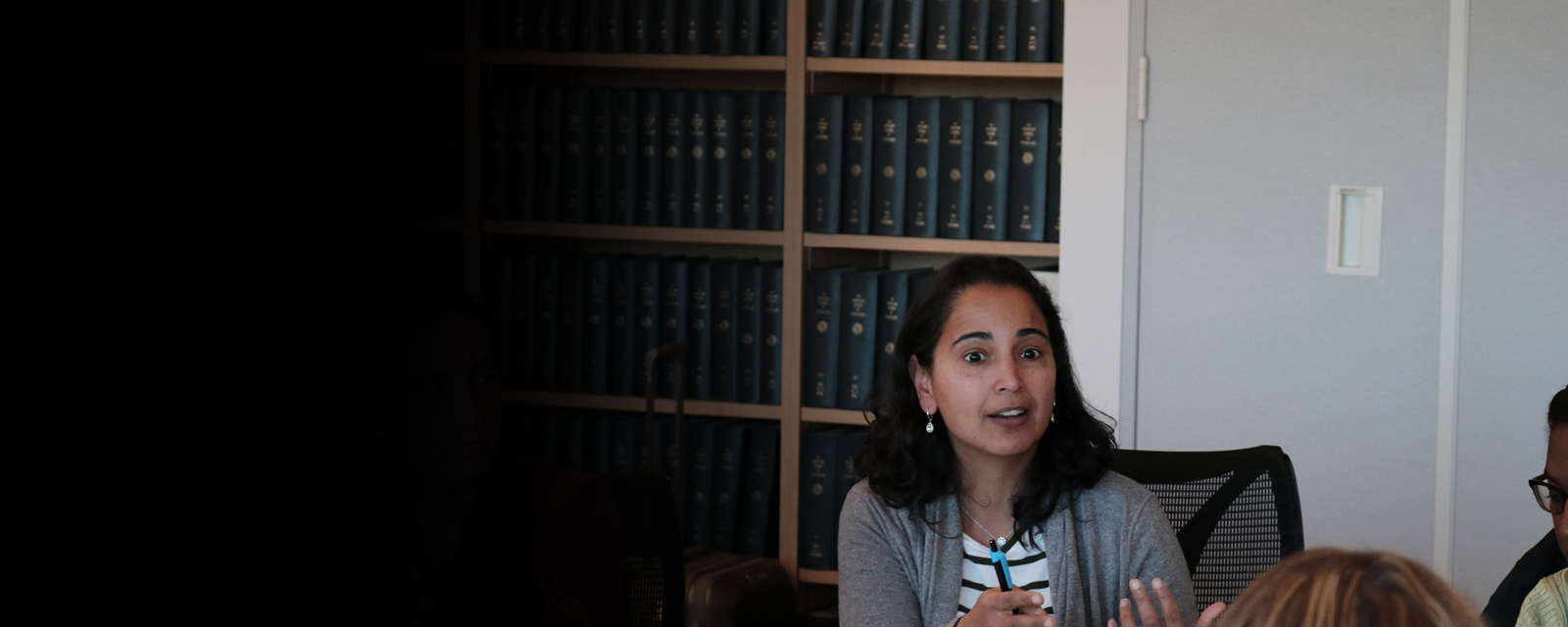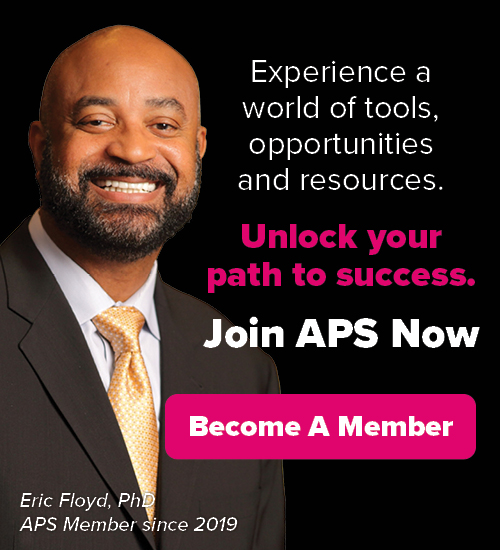- Membership & Community
-
Publications & News
- Physiology Journals
-
Newsroom
-
The Physiologist Magazine
- 2019
- 2020
- 2021
- 2022
- 2023
- 2024
- In Depth
-
Mentoring Forum
- Net Worth
- Take Care
- You … In Charge
- Work. It. Out.
- Working Off-site
- Location, Location, Location?
- Student Support
- Progressing to Postdoc
- Relationship Building
- Let’s Get It Started
- What Do We Value?
- It’s a Postdoc Life
- Coronavirus Contributions
- Creative Communications
- Selection Process
- Conference Connections
- Postdoc Appreciation
- Research Rewards
- Focus on Teaching
- Industry Insights
- Balance Beam
- Post Postdoc
- If You Build It
- Talk It Through
- Forward Bound
- I’ve Earned My PhD. Now What?
- University Life
- Tips for Trainees
- Time Travel
- Prepare Now for the Career You Want
- Landing a Postdoctoral Researcher Position
- Becoming a Physician-Scientist
- Mastering the Art of Science Communication
- Setting Yourself Up for Success in the Lab
- From Postdoc to Professor: Key Strategies for Success
-
Policy IQ
- Policy IQ—2023 in Review: How APS Advocated on Behalf of Physiologists
- Policy IQ—Supporting Equitable Research
- NIH's Road Map to a Better Postdoc Experience
- The Career Path to Science Advocacy
- Culture of Safety: Stopping Sexual Misconduct
- Physiologists Return to Capitol Hill
- Tips for Scientists to Communicate about Animal Research
- Science Advocacy in a New Political Landscape
-
Publish with Polish
- Publish with Polish
- The Layers of Open Science
- Take Your Content From Meeting to Manuscript
- APS Journals to Highlight Women’s Health Research
- What Subscribe to Open Means for APS Members
- The 5 Pillars of Publish with Purpose
- 3 Types of Metadata Researchers Should Know About
- Navigating Open Access and New Licensing Options
- Under the Microscope
- Mentoring Q&A
- Evolution
- Baseline by Scott Steen, CAE, FASAE
- 2025
- Find Us on Social Media
-
The Physiologist Magazine
-
Professional Development
-
Meetings & Events
-
American Physiology Summit
- #APS2024 Overview
- Abstracts
- Awards at the Summit
- Award Lectures
- Career Networking Lunch Form
- Dates and Deadlines
- Advocate for Health Research Funding
- Hotel Information
- Information for International Travelers
- Industry Partners
- Keynote Speaker—James Rothman, PhD
- Keynote Speaker—George Brooks, PhD, FAPS
- Keynote Speaker—Holly Ingraham, PhD
- Mobile App
- NIH and NSF Program Officer Panel Discussion Form
- Physical Poster Information
- PhysioHub
- Pre-Summit Events
- Registration
- Section & Group Banquet Tickets
- Social Events
- Speaker Audiovisual Instructions
- Summit FAQs
- Summit Newsroom
- Travel & Transportation
- Undergraduate Program Book
- Liability Waiver
- Industry Partners
- Martin Frank Diversity Travel Award Orientation Agenda
- Martin Frank Diversity Travel Award Networking Luncheon Agenda
- Women in Physiology Networking Event Agenda
- 2026 American Physiology Summit
- Joseph Erlanger: Pioneering Nerve Research and APS Leadership
-
2023
- APS 2023 Call for Proposals
- Shocklogic Test
- Team 2023 Task Force
- Shaping the Summit
- Schedule at a Glance
- Pre-Summit Events
- Pre-Summit Center for Physiology Education Workshop Registration
- Section & Groups Banquet Tickets
- Pre-Summit Center for Physiology Education Workshop
- Press Registration
- Meet the Organizers
- Keynote Speaker—Terrie Williams, PhD
- Keynote Speaker—David Julius, PhD
- Industry Workshop Information
- Important Dates and Deadlines
- Hotel Information
- Distinguished Lecturers
- Building APS 2023
- Awards at the Summit
- American Physiology Summit Program
- 2024
- Scientific Integrity Policy
- From Concept to Classroom
- New Trends in Sex Differences and Women’s Health Research
- Control of Renal Function in Health and Disease 2026
- Comparative Physiology Conference 2026
- Webinars
- Related Meetings
- Future APS Conferences
- Conference Policies
-
American Physiology Summit
- APS Awards
-
Career & Professional Development
-
Career Gateway
-
Resources
- Transcript—Leading Through Conflict and Difficult Conversations
- Transcript—Managing Conflict with Colleagues
- Transcript—Leading a Team Through Conflict
- Transcript—Providing Difficult Feedback
- Transcript—Team Dynamics and Culture Primer
- Transcript—Building a Team
- Transcript—Leading a Team Assigned to You
- Transcript—Creating a Team Culture
-
Resources
- Career Navigator
- Center for Physiology Education
- Virtual Courses
- Physiology Job Board
- APS Graduate Physiology & Biomedical Science Catalog
-
Career Gateway
-
Meetings & Events
-
Advocacy & Resources
- Policy Areas
-
Resources
- Researcher Resources
- Educator Resources
- Trainee Resources
- Student Resources
-
APS Graduate Physiology & Biomedical Science Catalog
- Des Moines University
- East Tennessee State University
- George Washington University
- Mayo Clinic Graduate School of Biomedical Sciences—Biomedical Engineering & Physiology
- Michigan State University
- New York Medical College
- Nova Southeastern University
- Pennsylvania State University
- Texas A&M University
- Texas A&M University Medical Physiology
- Stony Brook University
- The University of Iowa
- University of Alabama at Birmingham
- University at Buffalo
- University of Colorado
- University of Michigan
- University of Minnesota
- University of Missouri-Biomedical Sciences
- University of Nebraska Medical Center
- University of Nevada, Reno
- University of South Carolina School of Medicine
- University of Tennessee Health Science Center (UTHSC)
- University of Texas Health Science Center
- Virginia Commonwealth University
- Wayne State University
- Physiology Department Catalog Submission Form
- Boston University
- Women's Health Research Initiative
- Career Gateway
- Diversity, Equity & Inclusion
- Advocate for Science
- About APS
Conference organizers have created a webinar series to capture some of the content that was scheduled for presentation at ITL. The virtual program will engage educators from community colleges, four-year colleges and universities and professional schools on best practices in teaching, learning and assessment. Each daily, two-hour session will be interactive.
If you would like more information please visit the conference homepage.
You must register for each session individually.

Monday, June 22, 2020
12 p.m. EDT
The future of learning in physiology should provide all students a learning environment that maximizes their academic success. In this session, we will discuss three critical areas of teaching, including educational methods used in our classrooms, creating a community of learners and scaffolding learning for deep understanding in physiology.
Welcome from APS Leadership
Dennis Brown, PhD, APS Chief Scientific Officer
ITL Introduction, Overview and Kickoff
Beth Beason-Abmayr, PhD, Rice University, Houston
The Future of Learning in Physiology
Mary Pat Wenderoth, PhD, University of Washington

Tuesday, June 23, 2020
12 p.m. EDT
The coronavirus pandemic forced educators to switch to online teaching without prior warning. Technology and innovation became crucial. In a crisis situation such as this, it is important to form an accurate view of how we are changing the way we teach, engage students and integrate the latest educational tools in designing the best physiology education we can provide.
The Flexibility of Using the Flipped Classroom as a Virtual Classroom During the COVID-19 Pandemic
Chaya Gopalan, PhD, Southern Illinois University Edwardsville

Wednesday, June 24, 2020
12 p.m. EDT
As we reflect on our capacity to promote racial justice through our work as physiology educators, we might wonder how to effectively infuse our curriculum with discussions of diversity and inclusion. In this interactive presentation, we will explore a strategy for bringing themes of race and equity into the physiology classroom while simultaneously covering course content. We will provide ready-to-use resources for moving toward anti-racist teaching by disrupting stereotypes during class.
Investigating Inclusive Curricula in the Physiology Classroom: Scientist Spotlight Homework Assignments
Jeff Schinske, MS, Foothill College, Los Altos Hills, California
Monica Cardenas Guzman, De Anza College, Cupertino, California

Thursday, June 25, 2020
12 p.m. EDT
“Teams of experts often fail to become expert teams.” Without a model of effective group dynamics or clear example of building effective teams, students working in small groups are similarly at risk for failing to fulfill their intended objectives. Participants in this session will identify a variety of participant “personalities” and often-seen roles, develop best practices for small group dynamics, contribute to development rubrics that evaluate student performance in small group activities and discuss evidence supporting use of small groups in the learning environment. Attendees will also have the opportunity to share ideas about effective delivery of small groups sessions via remote learning platforms.
Teaching Small Group Dynamics to Ensure Small Groups are Dynamic!
Mari Hopper, PhD, Sam Houston State University, Huntsville, Texas

Friday, June 26, 2020
12 p.m. EDT
Learning outcomes assessment should be evidence for improving teaching and learning. However, educators often report that such assessments satisfy administrative demand, but are not always useful to the teacher. Approved learning outcome statements generally do not address the intangible or indefinable changes that educators hope to create in their students. This session will explore a variety of outcomes that go beyond content and skills, identify goals that participants may want to strive for and consider ways to measure the goals that matter most.
Identifying and Assessing Learning Outcomes that Matter
Raymond Shaw, PhD, Merrimack College, North Andover, Massachusetts


